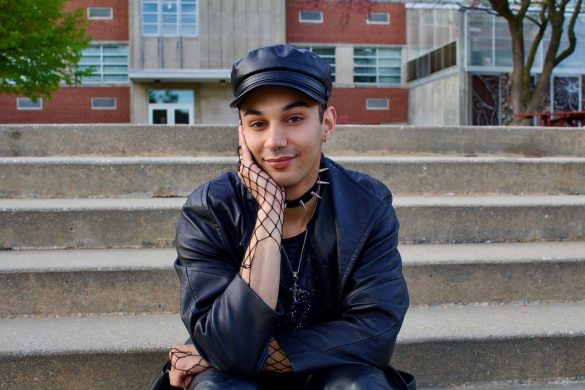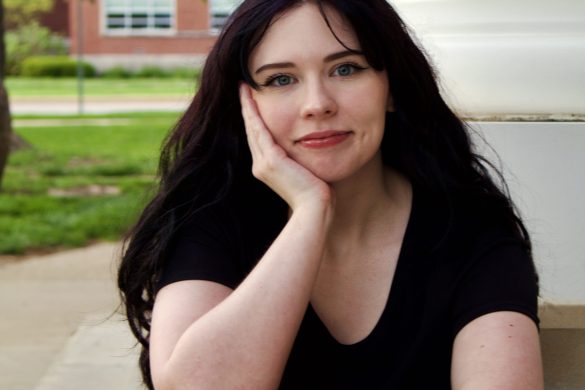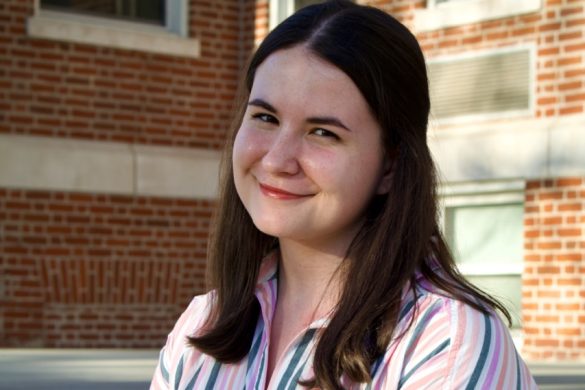“I Hate Politics”
“I hate politics” is a phrase I have been hearing more and more around campus recently. While some might see this as the traditional millennial value of apathy coming into play, I see it more as utter disgust with the current system and how it is portrayed.
The world can be a hard enough place to live in without stepping into an arena where people are constantly making broad value judgments and slapping a conservative or liberal label on others based on a single opinion. Beyond that, who wants to spend his or her time listening to people berating one another over and over while coming up with no real answers to the problem they are yelling about?
The cable news networks’ political coverage is a prime example of the constant shouting matches about over-simplified issues with black or white outcomes and no room for compromise. Every show is about standing on one side of the aisle while shouting about how the other side of the aisle is wrong.
To be fair, the people who control today’s media are the same group that participated in some of this country’s largest shouting matches, such as the Vietnam War debate, continued struggles for civil rights and the feminist movement. All of these issues were hot, volatile and seemed to go nowhere unless those behind them were shouting. Unfortunately, it seems that those involved haven’t stopped shouting at one another since.
But with the constant shouting and no real changes being made, it is no surprise that we don’t want to hop on the Baby Boomer bandwagon of polarized hate.
The muttering of hateful politics is sure to be seen by many as a generation not taking enough stake in its own future due to a lack of caring. But studies have shown that millennials do care a great deal for others and actually spend more of our time and money volunteering for issues that we see as important because we want to make changes.
So when one of us says that we hate politics, understand that it means we dislike where our current system is. It does not mean that we do not care.
Look at the Occupy Wall Street Movement. It was proof that millennials care about the world around us. However, it also was proof that as much as we might dislike the system, without understanding it and working from within to make changes, nothing will happen. It’s why Occupy is barely a blip on the radar while the Baby Boomer backed Tea Party has a firm grasp in powerful places. (For those of you needing proof of this Tea Party / Baby Boomer affair, a New York Times / ABC New poll published on April 14 2010 showed that Tea Party members were mostly white men ages 45 and older.) As much as it pains me to say it, we have to learn to play by their rules first if we are ever going to create any real change.
For those of you who can no longer stand the constant bickering and needless polarization of ideals, I have a suggestion. Just as many of us have already started to do with our food and beverage consumption, I suggest that you get local. Instead of banging your head against the wall at the ridiculous back and forth of a stalled Congress, come back to your hometown and start there. Still too large? Then start right here on campus with the brand new Student Senate and the Indianapolis Student Government.
Becoming active on the local level won’t cure what ails the federal level of government, and it certainly won’t stop political commentators from taking pot-shots at one another, but it does ensure that we aren’t sitting idly by to inherit a system full of hatred. So the next time you get frustrated at politics and declare to everyone around that you hate it, remember that your hatred can’t change anything unless you take action.
“Millennials, entertainment, politics”
The development of new technology has made entertainment shows more and more accessible. Web services such as Netflix, Hulu and Amazon allow people to take more time to watch entertainment shows. For instance, if you are a big fan of American political shows, you can finish watching the entire season of “House of Cards” in three days.
Also, more and more people are interested in watching political entertainment shows, such as “The Daily Show” or “Saturday Night Live.” Those shows invite celebrities to talk about politics because celebrities can use their influence to draw public attention.
During elections, politicians will use celebrities, such as George Clooney, to help with the campaigns because he can reach certain targets most politicians cannot: those young people or the middle-aged women who may not be as involved in politics. It may be good that these people become engaged in the election and vote.
However, opinion leaders use the young or the less educated who do not really know much about politics to rack up votes. At the same time, these celebrities may also mislead voters whose votes will be based on their impression of those celebrities rather than politicians and their policies.
People tend to believe that entertainment shows drive a negative view of politics and diminish people’s interest in public affairs because these shows focus on sensationalism and scandals. However, shows such as “The Daily Show” can also cultivate interest because what they portray is not totally fake news. Instead, they pick things from politics and portray politics in a particularly humorous way.
This cultivation can be especially true for people who do not pay attention to politics. Such people are susceptible to influence, but at the same time they at least get some news from watching “The Daily Show.” Then they hear about the Ukrainian crisis, at least they will know where Russia is, who Putin is and that there was an invasion.








